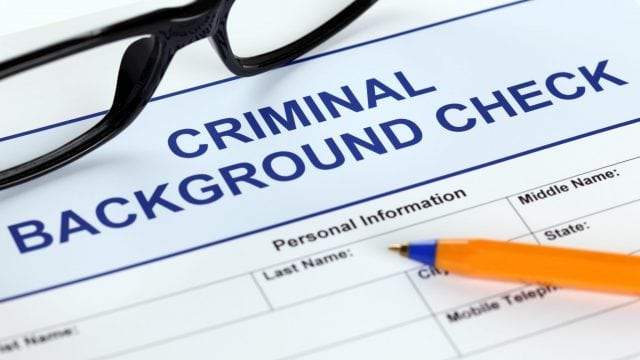 On Wednesday, December 19, 2017, Governor Chris Christie enacted new expungement laws in New Jersey, drastically changing New Jersey’s expungement procedures. The new expungement law in New Jersey will take effect on October 1, 2018.
On Wednesday, December 19, 2017, Governor Chris Christie enacted new expungement laws in New Jersey, drastically changing New Jersey’s expungement procedures. The new expungement law in New Jersey will take effect on October 1, 2018.
Among other changes, the new expungement law in New Jersey will reduce the waiting periods for expungement eligibility and increase the number of convictions an individual can expunge.
More specifically, bill S-3307, which applies to the expungement of adult criminal records, makes several changes with respect to expungement law in New Jersey, including the following:
- Reduces Waiting Period for Felony Convictions. Shortens the waiting period from 10 years to 6 years for the expungement of felony (indictable) convictions (note that individuals can still apply for an “early pathway” expungement after 5 years).
- Increases the Number of Convictions That Can Be Expunged.
- For those individuals who have not been convicted of a felony, the new expungement law increases the number of disorderly/petty disorderly persons convictions that can be expunged from 3 to 4; and
- For those individuals who have been convicted of a felony, the new expungement law increases the number of disorderly/petty disorderly persons convictions that the individual can have from 2 to 3.
- Eliminates the “PTI” Bar. Under New Jersey’s current expungement law, those individuals who had a felony dismissed pursuant to Pre-Trial Intervention (“PTI”) are barred from being able expunge any prior or subsequent disorderly persons (misdemeanor) or indictable (felony) convictions under N.J.S.A. 2C:52-14(f). Under the new law, this bar — which prevented many individuals from being able to expunge their convictions — is now eliminated.
- Restitution. The new law allows those individuals who otherwise satisfy the 6 year time requirement for expunging a criminal conviction, but who still owe fines or restitution to nonetheless be eligible for expungement on the condition that the court either provides for the continued collection of fines and/or restitution or enters a civil judgment for the outstanding amount.
- Allows for “Crime Spree” Expungements. Under the current expungement law in New Jersey, an individual can only expunge one felony conviction. The new law, however, allows for the expungement of more than one felony conviction if:
- The felony convictions are listed in a single judgment of conviction; or
- The felony convictions were interdependent or closely related in circumstances and were committed as part of a sequence of events that took place within a comparatively short period of time.
In addition, bill S-3308, which applies to the expungement of juvenile offenses, reduces the waiting period from five years to three years.
Christie signed these bills, which were sponsored by Senate President Stephen Sweeney and Senator Sandra Cunningham, in an effort to remove the barriers that exist in finding employment with a criminal record.
These laws should drastically increase the number of individuals who are now eligible to expunge their criminal records. If you have any questions about what effect, if any, the new expungement laws in New Jersey will have on your criminal record, contact the New Jersey expungement lawyers at Katherine O’Brien Law today for a free consultation at (856) 832-2482.







